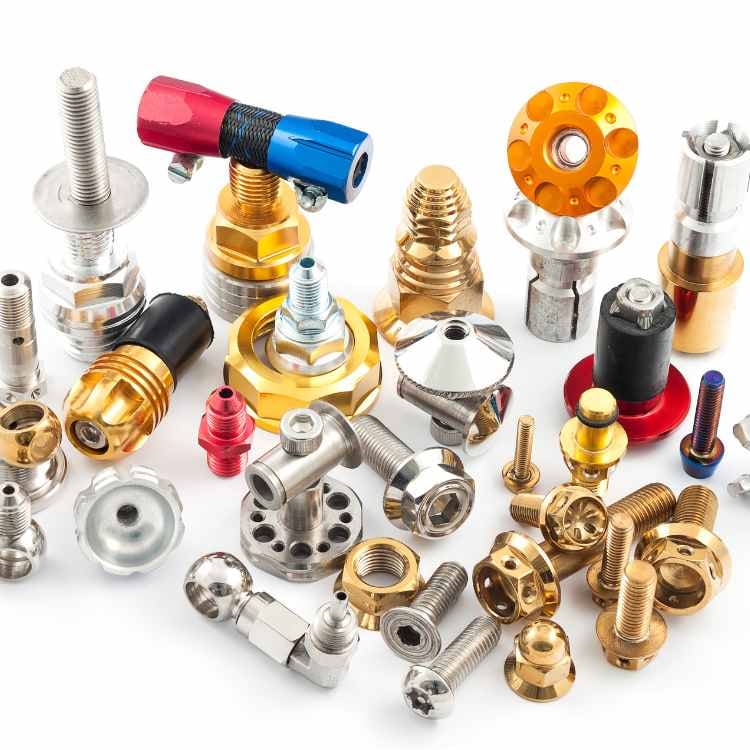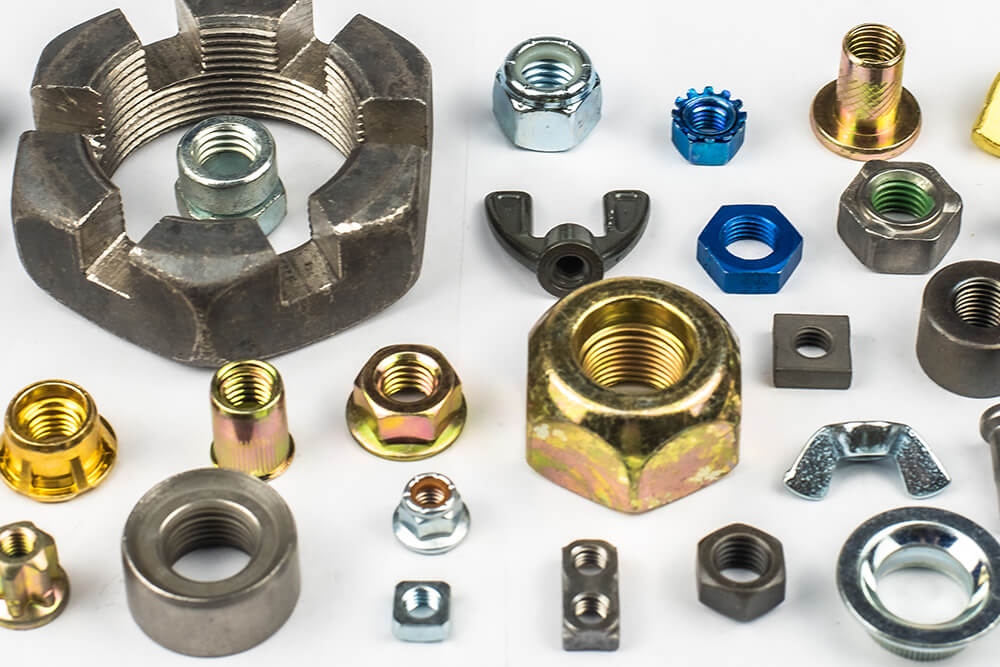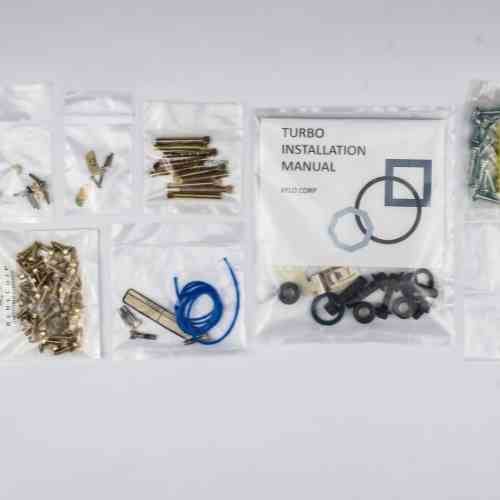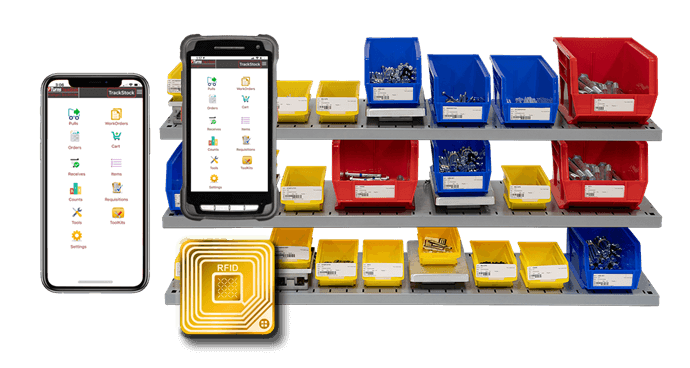The Nuts and Bolts of Selecting an ISO Iso-certified Fastener Supplier
We will explore the importance of ISO certification for fastener suppliers and how it can benefit suppliers and their customers.
Understanding ISO Certification for Fastener Suppliers
ISO certification is a crucial factor to consider when choosing a specialty fastener supplier. ISO stands for the International Organization for Standardization, and its certification ensures that the supplier follows strict quality management standards. By selecting an ISO-certified supplier, you can have confidence in the reliability and consistency of the fasteners you receive.
ISO certification for fastener suppliers involves an extensive evaluation process. The supplier must demonstrate their ability to consistently provide products that meet customer requirements and comply with relevant regulations. This certification also requires the implementation of effective quality management systems, continuous improvement practices, and regular audits to maintain compliance.
When a fastener supplier is ISO-certified, it indicates their commitment to delivering high-quality products and services. Knowing that the supplier has undergone rigorous assessments and adheres to internationally recognized standards gives you peace of mind. Choosing an ISO-certified supplier can minimize the risk of receiving substandard or non-compliant fasteners.
How to Specify Nuts
Specifying nuts for your specific application is essential to ensure proper functionality and durability. Here are some key factors to consider when specifying nuts:
1. Size and thread type: Determine the appropriate nut size and thread type that will securely fit the corresponding bolt or stud.
2. Material: Select the right material for the nuts based on your application's environmental conditions and requirements. Common materials include stainless steel, carbon steel, and brass.
3. Coating or finish: Consider the need for corrosion resistance or aesthetic appeal by choosing the appropriate coating or finish for the nuts.
4. Nut type: There are various nut types, such as hex nuts, nylon-insert lock nuts, and wing nuts. You can choose the nut type that best suits your application's needs.
By specifying nuts accurately, you can ensure your fastening system's proper fit, functionality, and longevity.

How to Specify Bolts
Specifying bolts correctly is crucial for the success of your fastening application. Here are some important considerations when specifying bolts:
1. Size and length: Determine the appropriate bolt size and length based on the joint thickness and desired clamping force.
2. Material: Select the bolt material based on strength requirements, corrosion resistance, and environmental conditions. Common materials include stainless steel, carbon steel, and alloy steel.
3. Thread type: Choose the appropriate thread type, coarse or fine, based on the corresponding nut or tapped hole.
4. Head type: Consider the need for a specific head type, such as a hex head, socket head, or round head, depending on the application requirements.
By specifying bolts accurately, you can ensure proper load-bearing capacity, structural integrity, and overall performance of your fastened joints.
The Advantages of Kitting and Packaging for Nuts and Bolts
Kitting and packaging services offered by fastener suppliers provide several advantages for customers. Here are some key benefits:
1. Convenience and time-saving: Kitting involves grouping nuts and bolts in pre-packaged kits, which saves time and effort in searching for individual components. It streamlines the ordering process and ensures that all necessary fasteners are readily available for specific applications.
2. Inventory management: Kitting and packaging services help maintain organized and efficient inventory management. Each kit is labeled and identified, making it easier to track and reorder specific fasteners when needed. It reduces the risk of shortages or excess inventory.
3. Improved productivity: With fasteners conveniently packaged in kits, assembly or installation processes become more efficient. Workers can quickly access the required nuts and bolts, reducing downtime and improving overall productivity.
4. Reduced waste: Kitting and packaging help minimize waste by providing precise quantities of fasteners required for specific projects. This eliminates the need for excess inventory and reduces the chances of misplacing or losing individual components.
Customers can streamline their operations, improve inventory management, and enhance overall productivity by taking advantage of kitting and packaging services.
The Advantages of Vendor-Managed Inventory
Vendor-managed inventory (VMI) is a supply chain management approach offering several advantages for fastener suppliers and their customers. Here are the key benefits of VMI:
1. Reduced inventory holding costs: With VMI, the responsibility of inventory management shifts from the customer to the supplier. The supplier monitors stock levels and ensures timely replenishment, reducing the customer's inventory holding costs.
2. Improved supply chain efficiency: VMI enables better coordination and communication between the supplier and the customer. The supplier has real-time visibility into the customer's inventory levels, allowing them to plan production and delivery schedules more effectively. This leads to improved supply chain efficiency and reduced lead times.
3. Minimized stockouts and production disruptions: By implementing VMI, the supplier ensures that the customer never runs out of fasteners. Continuous monitoring and replenishment prevent stockouts and production disruptions, enhancing operational continuity.
4. Cost savings: VMI can result in cost savings for both the supplier and the customer. The supplier can optimize production and inventory levels, reducing waste and excess inventory. The customer benefits from reduced stockouts, minimized rush orders, and improved overall operational efficiency.
By adopting the vendor-managed inventory approach, fastener suppliers and customers can achieve cost savings, improved efficiency, and enhanced supply chain performance.




